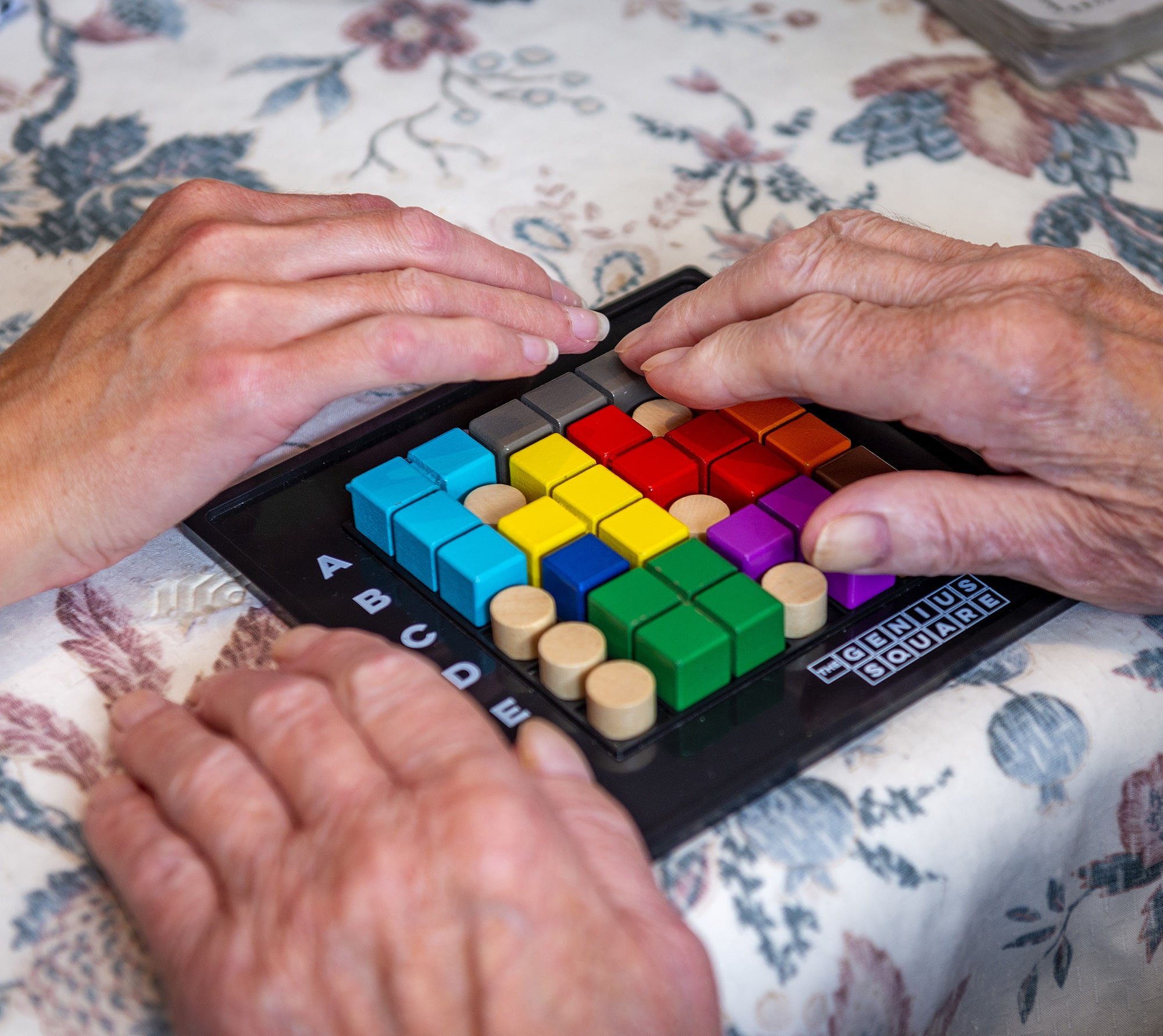Palliative Care in Milton Keynes: A Supportive Approach

Palliative care in Milton Keynes offers a beacon of hope and support for individuals and families navigating the complexities of serious illnesses. This blog post delves into the compassionate and holistic approach of palliative care in Milton Keynes, highlighting its significance in enhancing the quality of life for those on this journey.
Understanding Palliative Care
Palliative care is a specialised area of healthcare focused on providing relief from the symptoms and stress of a serious illness. The goal is to improve the quality of life for both the patient and their family. In Milton Keynes, palliative care teams work collaboratively, offering a multidisciplinary approach to address the physical, emotional, and spiritual needs of patients.
The Multidisciplinary Team
A key feature of palliative care in Milton Keynes is the collaboration of a multidisciplinary team. This team typically includes:
- Doctors specialising in palliative medicine.
- Nurses with expertise in pain and symptom management.
- Social workers providing emotional support and guidance.
- Therapists offering physical, occupational, or speech therapy.
- Spiritual care counsellors attending to spiritual or religious needs.
This team works in unison to create a care plan that respects the patient’s wishes and aims to provide the most comfortable and dignified experience possible.

Personalised Care Plans
In Milton Keynes, each patient’s care plan is highly personalised. According to a report by Hospice UK, palliative care focuses on understanding the unique experiences and needs of each patient, tailoring interventions to suit these individual requirements. This personalisation may include pain management, nutritional advice, psychological support, and other therapies designed to improve comfort and quality of life.
Support Beyond Physical Care
Palliative care in Milton Keynes encompasses more than just physical care; it also offers significant emotional and psychological support. Understanding that dealing with a serious illness can be a distressing experience for both patients and their families, the care team provides counselling, support groups, and other resources to help manage the emotional impact of illness.
Engaging with the Community
The palliative care service in Milton Keynes is deeply connected with the community, working in collaboration with local healthcare providers, charities, and support groups. This community engagement ensures a comprehensive support network, making additional resources easily accessible to patients and their families.
The Importance of Early Integration
One of the key aspects of palliative care in Milton Keynes is the focus on early integration into the patient’s healthcare journey. This approach recognises that palliative care can provide significant benefits, not just in the final stages of illness but throughout the course of the disease. By introducing palliative care early, patients and their families can benefit from comprehensive symptom management, psychological support, and guidance in making informed decisions about future care.

Tailored Support for Families and Caregivers
The support provided by the palliative care teams in Milton Keynes extends beyond the patients; it also encompasses the families and caregivers. Recognising the emotional and physical toll that caring for a loved one with a serious illness can take, the palliative care services offer:
- Counselling and emotional support for families and caregivers.
- Practical advice and training on caring for a loved one at home.
- Respite care options to give caregivers much-needed breaks.
- Support groups where families can connect with others in similar situations.
This comprehensive support network helps to alleviate some of the burdens faced by families and caregivers, allowing them to better support their loved ones.
Holistic Pain and Symptom Management
Pain and symptom management is a cornerstone of palliative care in Milton Keynes. The care teams employ a holistic approach to managing symptoms, which may include:
- Medication regimes tailored to individual pain and symptom profiles.
- Non-pharmacological therapies such as massage, acupuncture, or relaxation techniques.
- Psychological interventions to help cope with anxiety, depression, or fear.
- Nutritional support to address any dietary issues or challenges.
This multifaceted approach ensures that patients experience the highest possible level of comfort and quality of life.
Navigating End-of-Life Decisions
Palliative care in Milton Keynes also plays a crucial role in helping patients and their families navigate end-of-life decisions. This involves:
- Discussing advance care planning and patient preferences.
- Providing information and guidance on legal and ethical considerations.
- Supporting families through the decision-making process with empathy and respect.
- Ensuring that patients’ wishes are honoured and respected.
This sensitive and respectful approach helps families make informed decisions that align with their values and the desires of their loved ones.
FAQs
Palliative care in Milton Keynes encompasses a wide range of services designed to support patients with serious illnesses. These include pain and symptom management, psychological support, spiritual care, and assistance with decision-making about treatment and care. The care teams also provide support to families and caregivers, including counselling, practical advice, and respite care options.
Palliative care in Milton Keynes can be beneficial at any stage of a serious illness, not just at the end of life. It is recommended to consider palliative care early in the disease process, as it can significantly improve the quality of life by managing symptoms, providing psychological support, and assisting with treatment decisions.
Palliative care in Milton Keynes provides comprehensive support for families and caregivers, recognising the challenges they face. This support includes emotional and psychological counselling, practical advice on caregiving, training in managing specific medical needs, and respite care to give caregivers a break. Support groups and community resources are also available to connect families with others experiencing similar situations.